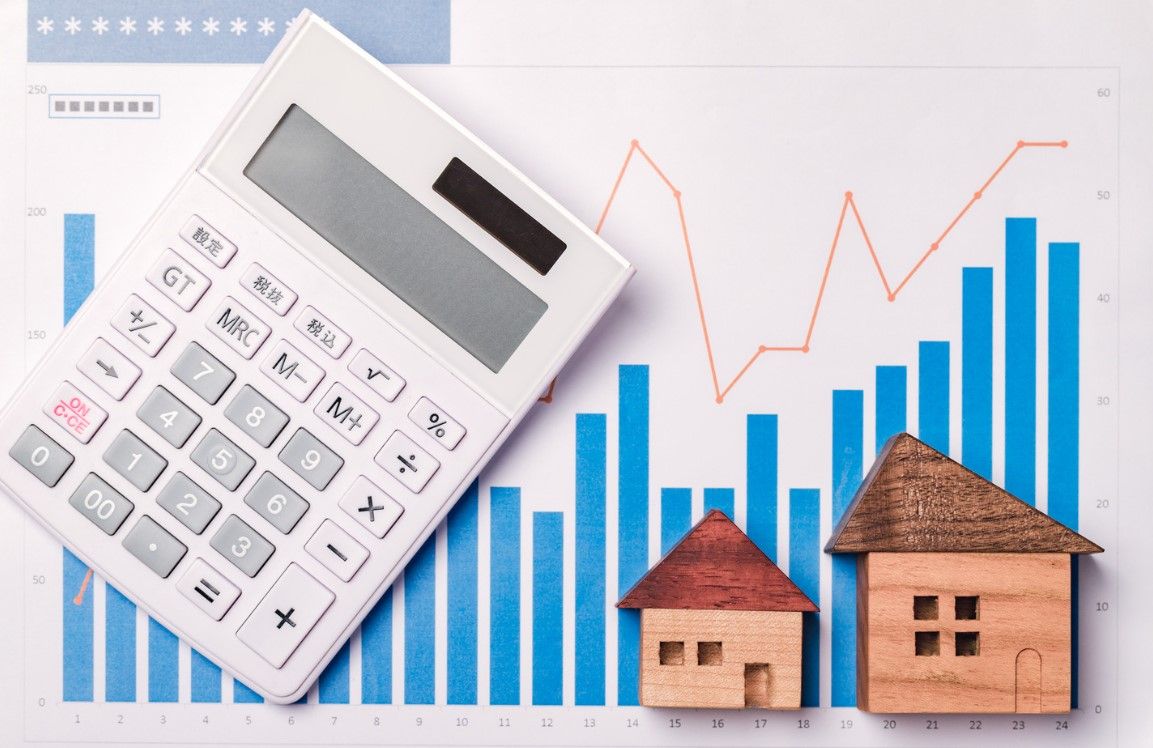What Rising Insurance Costs Mean for Home Values
In recent years, homeowners across the U.S. have been facing a growing concern: rising insurance premiums.

Investing in real estate can be a lucrative venture, but it's crucial to understand the financial aspects that contribute to a profitable investment property. Let's break down the key elements and calculations you need to consider when evaluating potential investment opportunities.
Calculating Potential Rental Income
The first step in assessing the profitability of an investment property is to determine its potential rental income. Research the local rental market to understand the average rent for similar properties in the area. Keep in mind that factors like location, amenities, and property condition can all influence rental rates. Once you have an estimated rental income, consider whether it potentially covers your expenses and provides a desirable return on investment.
Analyzing Operating Expenses
To accurately gauge the profitability of an investment property, it's essential to account for all operating expenses. These may include property taxes, insurance, maintenance and repairs, property management fees, and any homeowner association (HOA) dues. Additionally, factor in a contingency for unforeseen expenses. Understanding these costs will help you determine if the potential rental income will cover your ongoing expenses.
Cash Flow Analysis
Cash flow is a critical metric for assessing the profitability of an investment property. It's calculated by subtracting your total monthly expenses from the rental income. A positive cash flow indicates that your property generates more income than it costs to operate. This surplus can be reinvested, used to pay down debt, or provide a source of passive income.
Estimating Return on Investment (ROI)
Return on Investment is a key metric that evaluates the profitability of an investment property over time. It's calculated by dividing the net profit (annual rental income minus annual expenses) by the initial investment. This includes the down payment, closing costs, and any renovation or improvement expenses. A higher ROI indicates a more profitable investment.
Considering Appreciation and Market Trends
While not guaranteed, property appreciation can significantly enhance the profitability of an investment property. Research historical and projected market trends in the area to gain insight into potential appreciation rates. However, it's important to remember that appreciation is influenced by various factors and can vary by location.
Assessing Financing Options
The way you finance an investment property can impact its profitability. Consider the interest rate, loan term, and down payment requirements. Additionally, evaluate the potential for using leverage to increase your ROI. Be sure to factor in all associated costs, including mortgage interest, property taxes, and insurance.
Conducting Due Diligence
Before making an investment, it's crucial to conduct thorough due diligence. This includes inspecting the property for any potential issues, obtaining professional appraisals, and reviewing relevant legal documents. It's also advisable to have a contingency plan in case of unforeseen circumstances.
Understanding the financial aspects of investment properties is essential for making informed and profitable real estate decisions. By carefully analyzing potential rental income, operating expenses, cash flow, ROI, and market trends, you can identify properties with the potential for long-term success. Remember, successful real estate investing requires careful planning, research, and ongoing management.